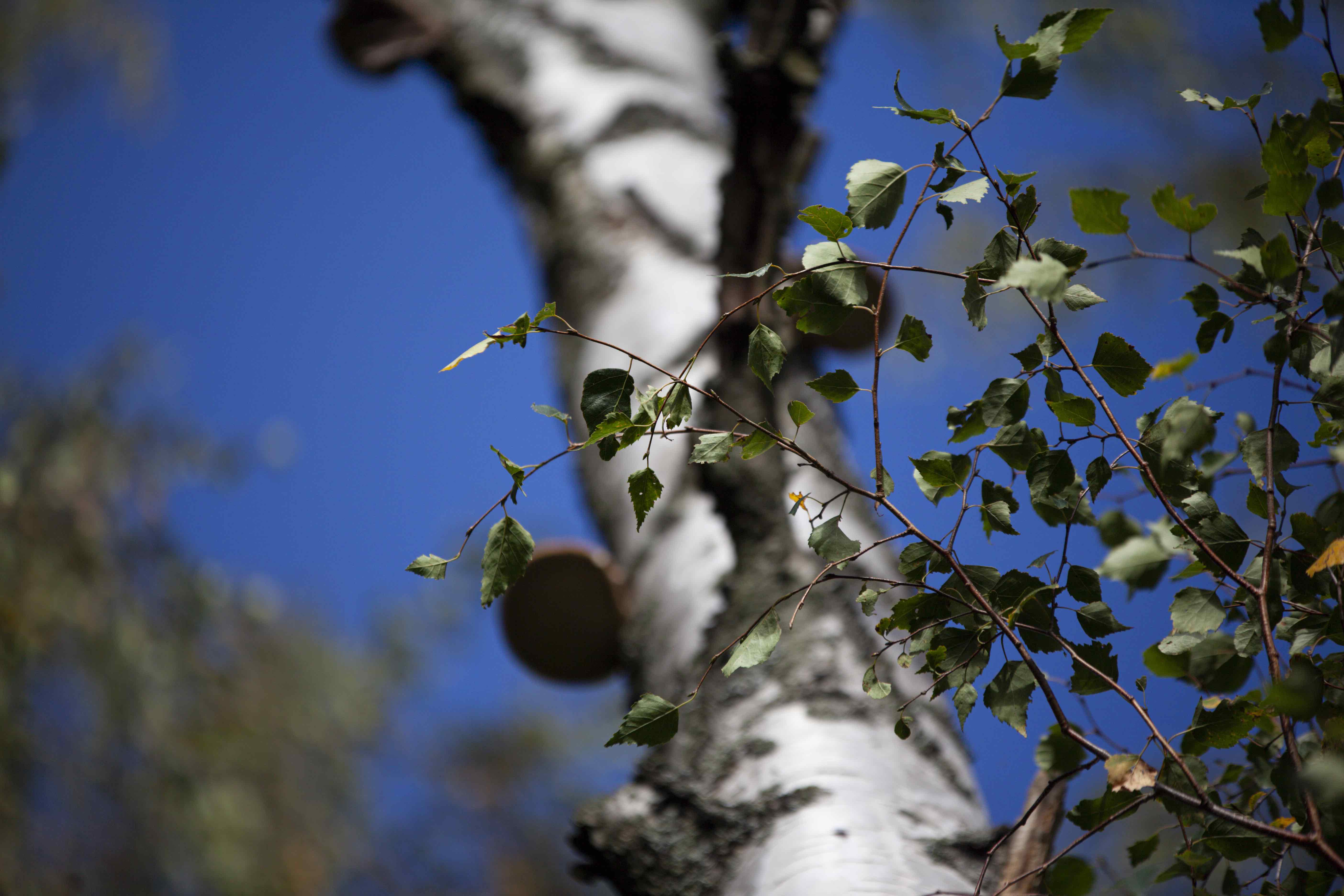
Please note! Course description is confirmed for two academic years, which means that in general, e.g. Learning outcomes, assessment methods and key content stays unchanged. However, via course syllabus, it is possible to specify or change the course execution in each realization of the course, such as how the contact sessions are organized, assessment methods weighted or materials used.
LEARNING OUTCOMES
After the course the student will
- be familiar with and inspired by Finnish biomaterials, including cellulose fibers, micro- and nanofibrillar cellulose, cellulose derivatives, lignin, bark extractives and novel combinations of these, and other biomaterials from the Finnish nature
- recognise the main sustainability issues related to these materials
- know some working methods for material exploration in laboratory environment, and have ability to apply those in their material experiments
- understand the basics of up-scaling processes related to bio-based material innovations
- have ability to envision how advanced bio-based materials could make life comfortable and more sustainable in the future
Credits: 5
Schedule: 07.06.2021 - 02.07.2021
Teacher in charge (valid 01.08.2020-31.07.2022): Pirjo Kääriäinen, Tapani Vuorinen
Teacher in charge (applies in this implementation): Pirjo Kääriäinen, Tapani Vuorinen
Contact information for the course (valid 27.05.2021-21.12.2112):
Pirjo Kääriäinen pirjo.kaariainen@aalto.fi
Tapani Vuorinen tapani.vuorinen@aalto.fi
Janika Lehtonen janika.lehtonen@aalto.fi
Nina Riutta nina.riutta@aalto.fi (+358 40 5599 396)
Iines Jakovlev iines.jakovlev@aalto.fi (+358 40 548 9377)
CEFR level (applies in this implementation):
Language of instruction and studies (valid 01.08.2020-31.07.2022):
Teaching language: English
Languages of study attainment: English
CONTENT, ASSESSMENT AND WORKLOAD
Content
Valid 01.08.2020-31.07.2022:
CHEMARTS Summer School 2.0 is an intensive, experimental and interdisciplinary course focusing on wood-derived materials research. It is strongly based on ecological values. During the course students familiarise with Finnish wood-based biomaterials and explore working methods used in materials research and design practice. The course includes thematic lectures, visits to nature and companies, group discussions and assignments, independent background research and creative hands-on workshops.
There is an option to continue the project work further during the summer or following semester, either in CHEM- xxxxx CHEMARTS Project (5-10 cr) or in Bachelor’s or Master’s thesis.
Applies in this implementation:
On 2021, the CHEMARTS Summer School is organised as a mix of online and onsite studies. For the laboratory assignments the students are divided in small groups, and all lectures are in zoom.
Assessment Methods and Criteria
Valid 01.08.2020-31.07.2022:
Material required for the evaluation: Learning diary including personal reflections and documented laboratory work, tangible material samples, final presentation.
Applies in this implementation:
- Active participation in the lab work, lectures and tutoring sessions.
- Learning diary including documentation of your working process and weekly reflections of your learnings.
- Ideation and concept development.
Workload
Valid 01.08.2020-31.07.2022:
Total workload 135 h
Lectures and visits 42 h
Assingments and laboratory work 93 h
DETAILS
Study Material
Valid 01.08.2020-31.07.2022:
Kääriäinen, Tervinen, Vuorinen, Riutta (eds.), The Chemarts Cookbook, Aalto University, 2020.
Kääriänen, Tervinen (eds.), Lost in the Wood(s), Aalto University, 2017.
Prerequisites
Valid 01.08.2020-31.07.2022:
All students need to pass on-line CHEM-E0140 Laboratory Safety Course (0 cr) (or equivalent CHEM's laboratory safety training) before the laboratory works begin.
SDG: Sustainable Development Goals
9 Industry, Innovation and Infrastructure
12 Responsible Production and Consumption
15 Life on Land
